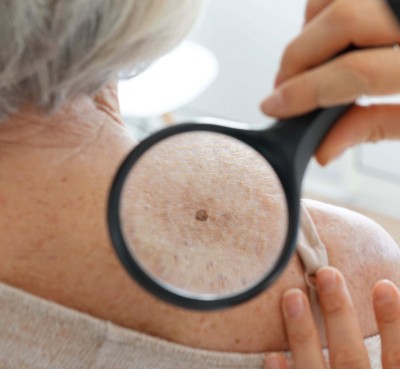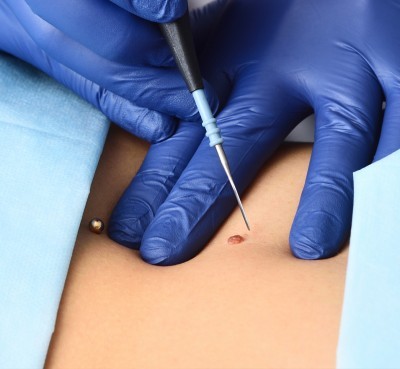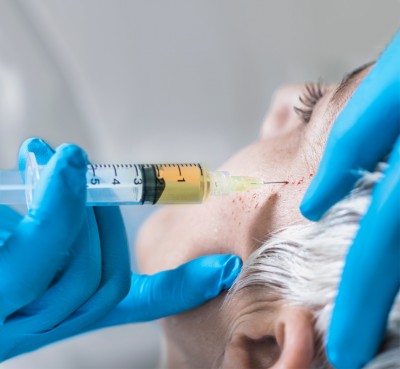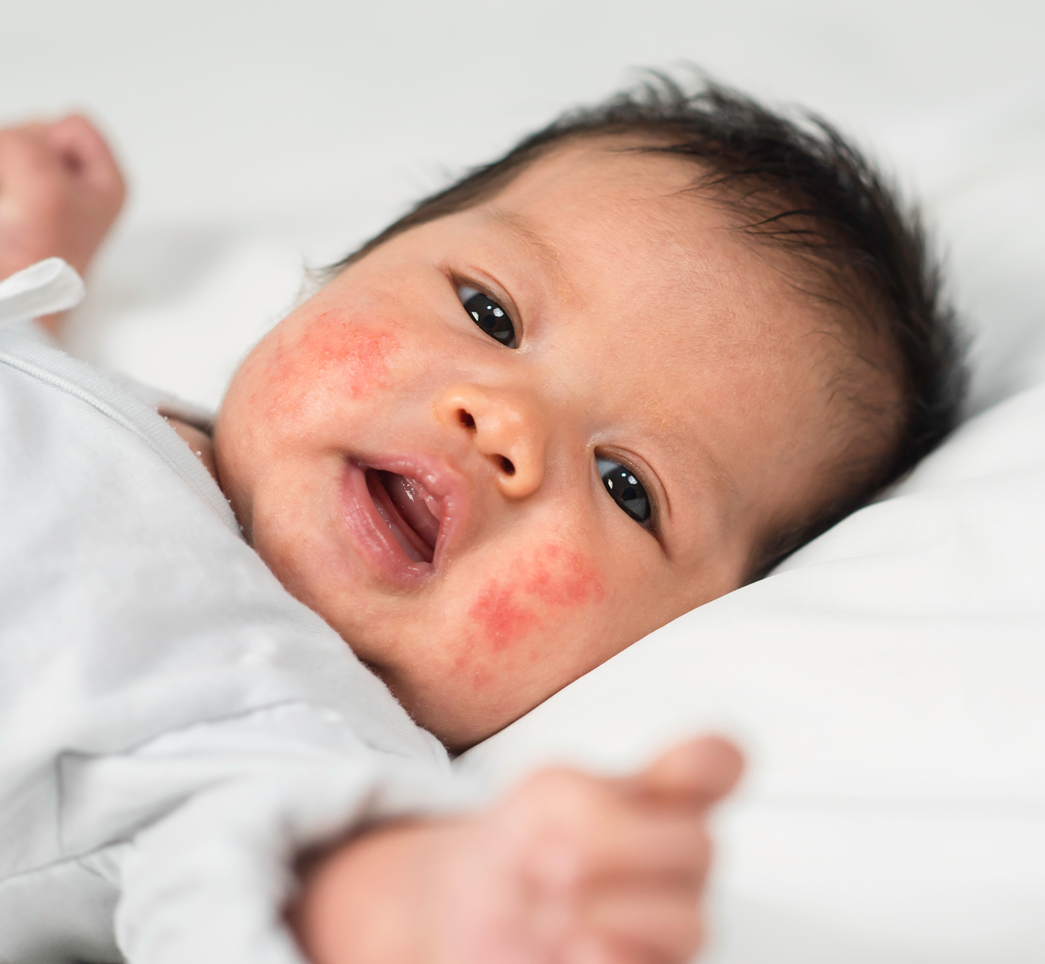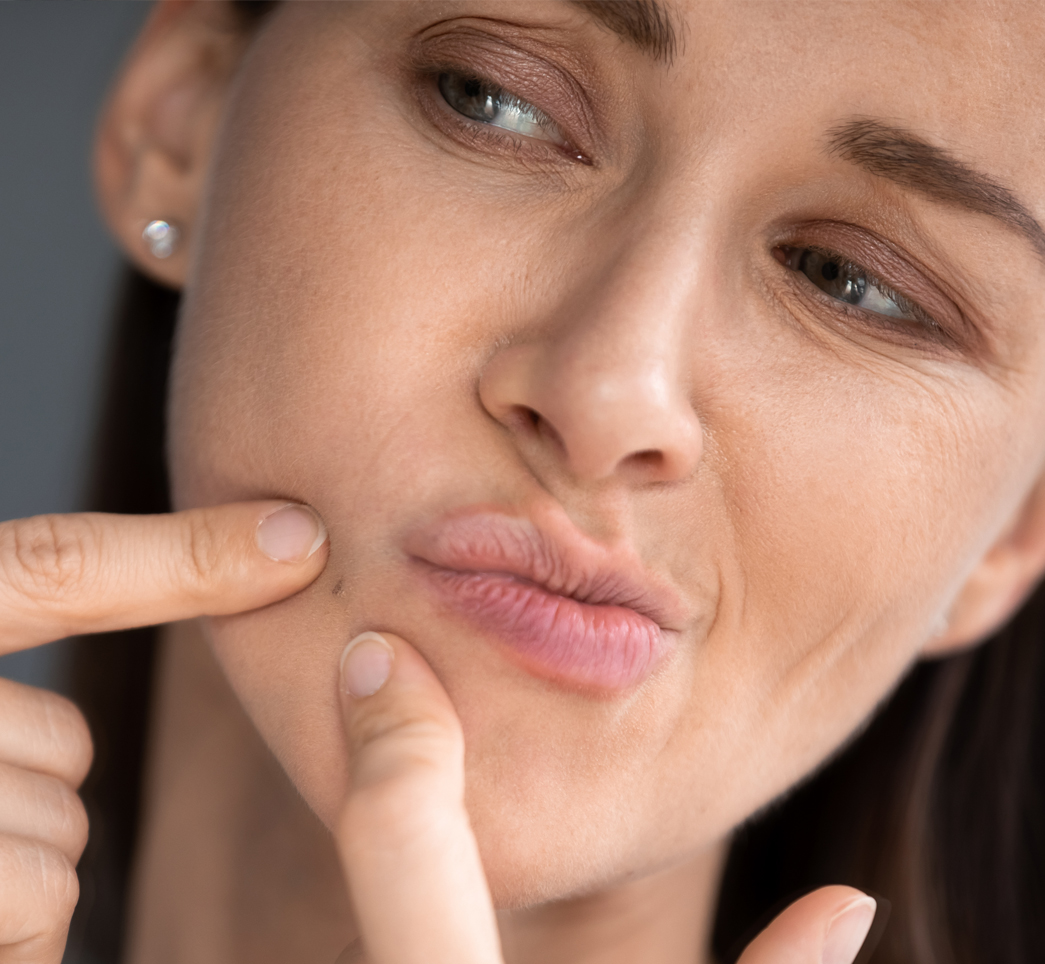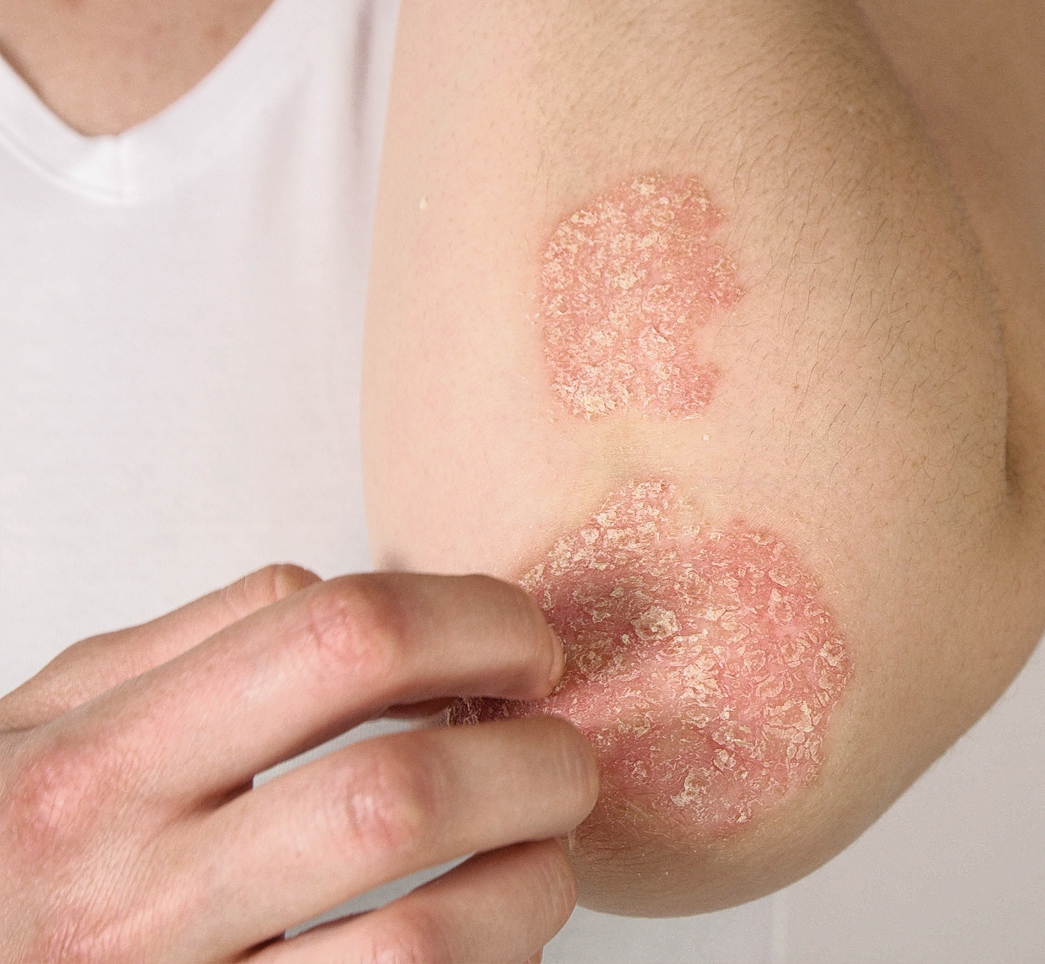The Blog
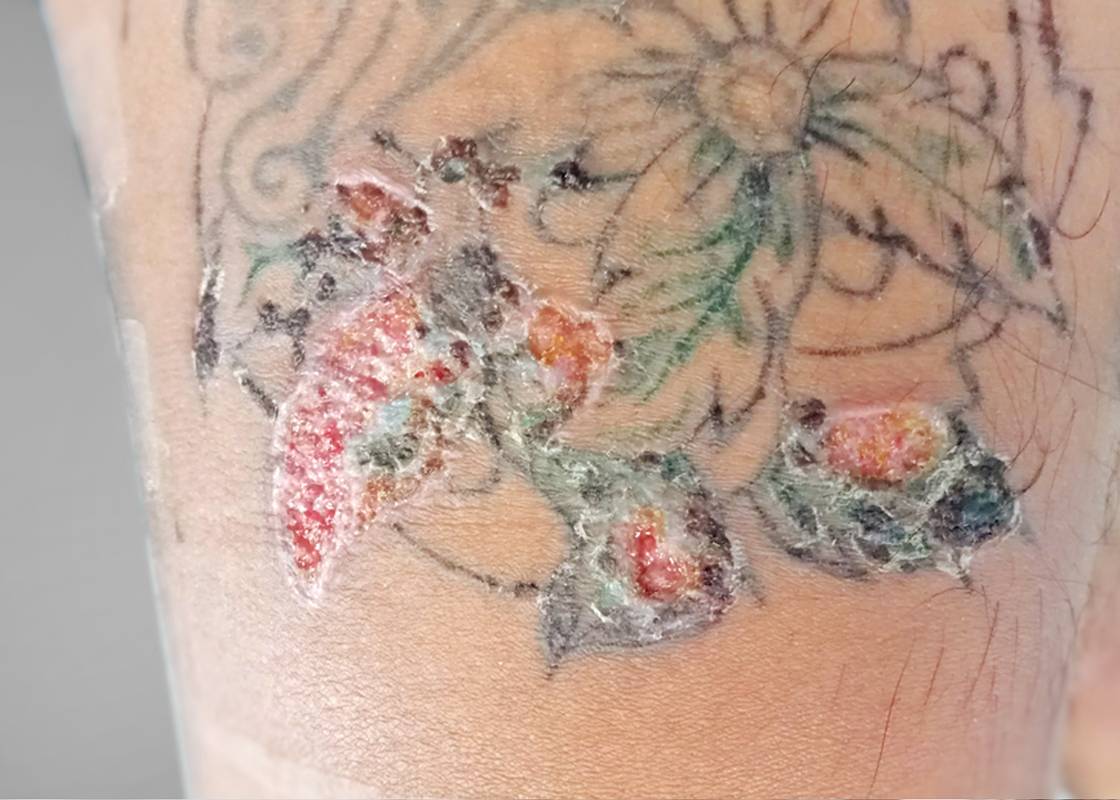
A few weeks ago, I was surprised by a late-night call from one of my closest friends. A call like this always warrants concern and surely the call was from a distressed mother whose daughter was suffering from a bad allergic reaction to a tattoo she got a few days ago! My friend has a teenage daughter who has been researching and planning to get a tattoo the moment she turned 18, however, little did she know there could be unexpected skin reactions secondary to having a tattoo.
Getting a tattoo is safe when done by a licensed tattoo artist and when you follow the appropriate aftercare protocol. However, many people don’t account for unexpected skin reactions. Your skin can develop many adverse effects from a tattoo including a rash, allergy or even signs of infection. This can even develop several days after having the tattoo. An adverse reaction can prompt one of two responses: panic or neglect the issue.
While your first inclination may be to seek help from the tattoo artist who gave you the tattoo, my recommendation is to consult with Dr. Timani, our Triple Board-certified Dermatologist.
The literature indicates that 10% of people with tattoos experience some sort of complication, such as pain, allergy or infection. Some reactions can happen immediately while others can take weeks or years to appear smoldering over time.
If you or someone you may know is considering getting a tattoo, you should keep in mind the information below to keep you more informed ahead of time.
INFECTION
An infection can happen immediately after getting a tattoo or days and even months after getting inked.
Signs:
• Redness: It becomes darker or spreads instead of lightening and diminishing
• Pain: It continues or worsens instead of subsiding, it can even become a throbbing sensation that just won’t dissipate
• Rash: Itchy, red, painful or even blistering bumps develop within the tattoo or in close proximity
• Systemic symptoms arise: Fever, sweats, chills or body aches
• Other signs can include: Pus or drainage from the tattoo or even open sore(s) in the tattoo that won’t heal
INK ALLERGY
Allergic reactions can be immediate or delayed. This can present itself within a few hours or even months or years later!
Signs:
Most people develop an allergy to a specific color of ink. Red is the most notorious culprit; however, any color can cause an allergic reaction. When this happens, you may notice one or more of the following in only one color of ink:
• Redness and swelling
• Itching
• Small pimple-like bumps or blister like bumps
• Raised, scaly patches
• Deep lumps beneath the skin
• Skin crusts or flakes off
• A watery fluid leaking from the area
RASH: TEMPORARY TATTOO
While a reaction can occur at any time between getting a tattoo and 3 weeks later. It is usually caused by a black dye. Many people have an allergic reaction to black dye that contains a chemical called PPD.
Signs:
• Redness and swelling
• Intense itching
• Pain
• Tiny bumps
• Scaly, raised skin
• Blisters, which may open and leak
• Loss of skin color
• Scarring
A few people have even developed internal problems, such as dizziness, fainting, or a stomachache.
RASH: SUN ALLERGY
Some people can even develop a sun allergy on their inked skin after getting a tattoo. This reaction can happen every time the UV rays hit your tattoo.
Signs:
• Swelling and redness around a tattoo
• Itchy rash of tiny bumps
• Blisters or even hives
IT CAN SPARK THE SPREAD OF A SKIN DISEASE
Getting a tattoo can trigger certain diseases of the skin or even flare a pre-existing skin disorder. If you carry the genes for psoriasis, eczema, etc.
You are most likely to see signs of the disease appear within 10 to 20 days of getting the tattoo, however, the disease can also appear as early as three days after getting inked or as late as years later.
Signs:
Signs of the skin disease can appear in or around the tattoo, you may see signs of one of the following skin conditions:
• Psoriasis
• Eczema
• Vitiligo
• Lichen planus
• Keloid
• Sarcoidosis
• Scars
• Skin cancer
MRI BURN
Most often people develop minor burns, however, there are a few cases where serious burns have been reported. An allergic reaction can appear as a result of having a tattoo or permanent makeup.
Signs:
• Pain
• Redness
• Swelling
SWOLLEN LYMPH NODES
There have even been documented cases where tattoo dye can migrate to the lymph nodes in the vicinity and contribute to swelling.
Signs:
Swelling in lymph nodes, usually near a tattoo.
Keep in mind that the largest groups of lymph nodes are found in your neck, armpits, and groin.
Swelling should be transient and dissipate on its own.
If you feel long-term swelling in any lymph nodes, dermatologists recommend that you consult with your primary care provider to rule out another possible cause. Swollen lymph nodes can be a sign of an infection or another health concern.
Tattoos are a journey
To return to the case of my friend and her daughter I advised her immediately of a treatment plan. Her daughter healed very quickly and effectively. Having a tattoo is part of a personal journey and hopefully with time both will put this distressing experience behind them.
This is my skin care advice when it comes to tattoos:
• Leave skin with moles or other abnormalities clear of ink, this can make monitoring changes in skin lesions very difficult for dermatologists
• Carefully research the tattoo artist
• Choose a licensed tattoo artist
• Ask about hygiene and aftercare
• Become informed of the risks and unexpected skin reactions that can arise
• The sooner the treatment is started, the less damage and reaction you can have on your health and your tattoo and don’t panic if you need help because there is always a dermatologist who is willing and happy to help
At the end of the day even with the latest technologies in lasers some tattoos cannot be completely removed. So, it is important to think carefully before you get one.


